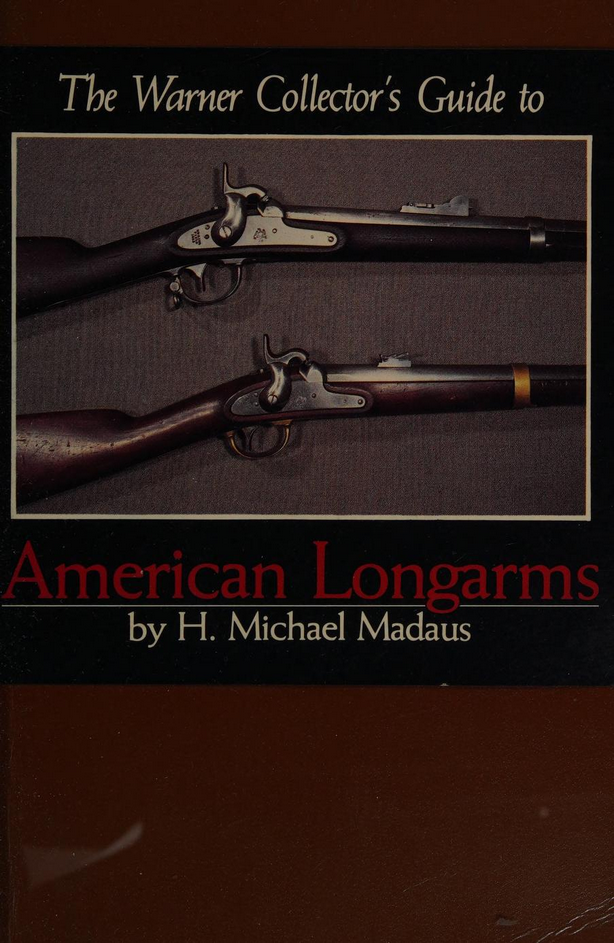It’s recently come to light that the Bureau of Alcohol, Tobacco, Firearms, and Explosives (ATF) is maintaining a searchable database of firearm purchase records. Effectively a federal firearms registry. A firearms registry that contains records of over 920 million firearms transactions. A registry that is expressly forbidden by federal law. A registry that is condoned and encouraged by the Biden administration.
So, what’s to fear? Remember Ronald Reagan’s humorous quote: “we’re from the government and we’re here to help”. I think it’s reasonable to say it’s been many years since most Americans believed the ATF was an agency concerned with helping and protecting Americans. It’s probably been decades since American gun owners believed so.
Given the recent behavior of federal agencies including CDC, FBI, DOJ, and the Capitol Police it’s not surprising that public trust in federal institutions is waning. Trust the IRS? Fuggedaboutit! While some could argue the ATF database isn’t strictly a registry, the information can be used to track specific guns to specific gun owners which looks an awful lot like a federal gun registry.
The ATF currently has almost 1 billion records (pages?) of firearms transactions which they claim are Out of Business (OBR) records from former FFLs containing limited information and are not searchable for specific word strings. This is likely untrue and in any case the database can easily be made searchable.
Having the government possess this information is dangerous to Americans which is why federal law specifically bans the establishment of a federal gun registry. In a rare moment of lucidity, the US Congress realized there is no reason for the federal government to maintain a database of gun owners and that such information could only be used to harm Americans.
A national registry of gun owners has no legitimate purpose, it’s just a precursor to confiscation which is the holy grail of gun-control activists. According to a Rasmussen Reports survey, two-thirds of Republicans believe registration will lead to confiscation and 40% of Democrats agree.
Gun-control activists claim the information can be used to solve crimes, but consider the following from a piece by Dr. John Lott:
- In a 2001 lawsuit, the Pennsylvania state police could not identify any crimes solved by their registration system from 1901 to 2001; however, they did claim that it had “assisted” in a total of four cases, for which they could provide no details.
- In a 2013 deposition forDistrict of Columbia v. Heller II, the plaintiffs recorded that the Washington, D.C. police chief could not “recall any specific instance where registration records were used to determine who committed a crime, except for possession offenses”
- During testimony before the Hawaii State Senate in 2000, Honolulu’s police chief stated that he couldn’t find any crimes that had been solved due to registration and licensing. The chief also said that his officers devoted about 50,000 hours to registering and licensing guns each year. This is time that could have been spent on traditional, time-tested law enforcement activities.
- New York and Maryland spent tens of millions of dollars putting together a computer database on all new guns sold in the past 15 years, even recording the ballistic fingerprint of each gun. But even these states, which strongly favor gun control, eventually abolished their systems because they never solved a single crime.
- In 2010, Canada conducted a detailed examination of its program. It found that, from 2003 to 2009, 1,314 out of 4,257 Canadian homicides involved firearms. Of the identified weapons, about three-quarters were not registered. Among registered weapons, the registered owner was rarely the person accused of the homicide. In just 62 cases – only 4.7 percent of all firearm homicides – was the gun registered to the accused, and an unknown number of these homicide cases involve instances of self-defense. But the Royal Canadian Mounted Police failed to identify any cases where registration was integral to solving the crime.
Most gun-control laws have little impact on crime and do nothing to increase public safety. In many cases they make the public less safe. The same can be argued concerning gun registration.
Government agencies are becoming more aggressive towards citizens, less concerned with the rule of law and more authoritarian. The FBI investigating parents as domestic terrorists, the government persecution of citizens, for political purposes, under the guise of the January 6th events, government alleging those spreading misinformation (i.e., those who disagree with government positions) are terrorists, and allegations of the capitol police investigating/intimidating conservatives are recent examples.
Throughout history and around the world firearm registration has always preceded confiscation. The revelation regarding the ATF is just one more indication that America is moving down a very wrong path. Fortunately Americans are showing signs of wanting to stop this descent and turn the country around while that’s still possible.
Americans will have a chance to express their opinions in November of this year and again in 2024. Those two elections may represent the country’s last chance to reverse course. Americans have traditionally believed they live in the greatest country having the best political system (although certainly not without problems) in the world. Time will tell if those beliefs still hold true. Time will tell if freedom prevails.
©2022 Joseph T Drammissi
This article and more of Joe’s work covering the Second Amendment and other topics can be found on Substack at https://getagrip.substack.com





Comments